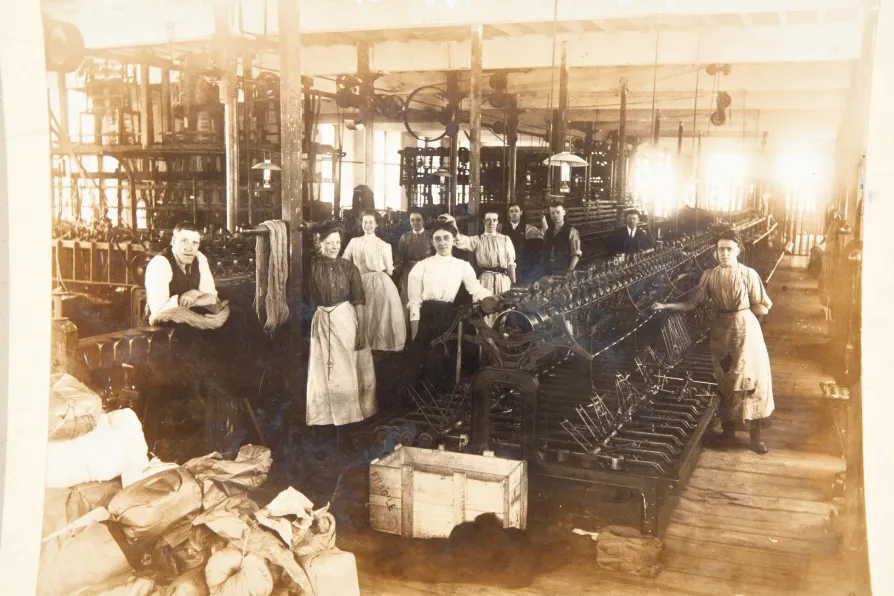NICK TROY lauds the young staff at a hotel chain and cinema giant who are ready to take on the bosses for their rights
Progressive patriotism: the historical detail is important
Socialist historian KEITH FLETT looks at an example from the past given by Rebecca Long Bailey in her advocation of ‘progressive patriotism’

 Lancashire mill workers in the 1920s
Lancashire mill workers in the 1920s
REBECCA LONG BAILEY is now officially the standard-bearer of the left in the Labour leadership election.
She is not of course some kind of “continuity Corbyn” candidate but a leadership contender with her own perspectives for the 2020s.
She laid some of these out in a recent article in the Guardian.
Similar stories

Inspired by a hit TV show, KEITH FLETT takes a look at the murky history of undercover class war

The legacy of an 1820 conspiracy in revenge for Peterloo resonates down the ages, argues KEITH FLETT

PETER LAZENBY reports on how trade unionists in Manchester are to celebrate the role of the city’s cotton industry workers in the fight for the abolition of slavery in the US civil war










